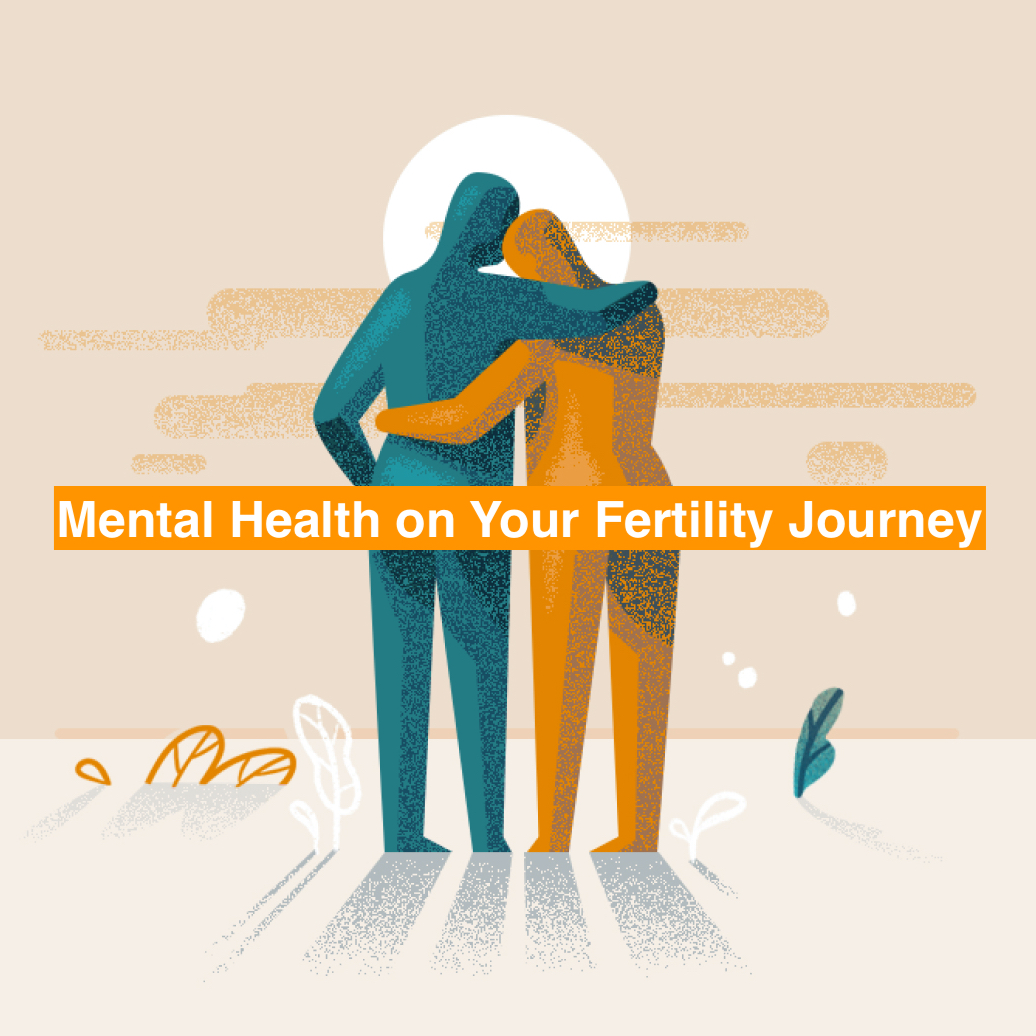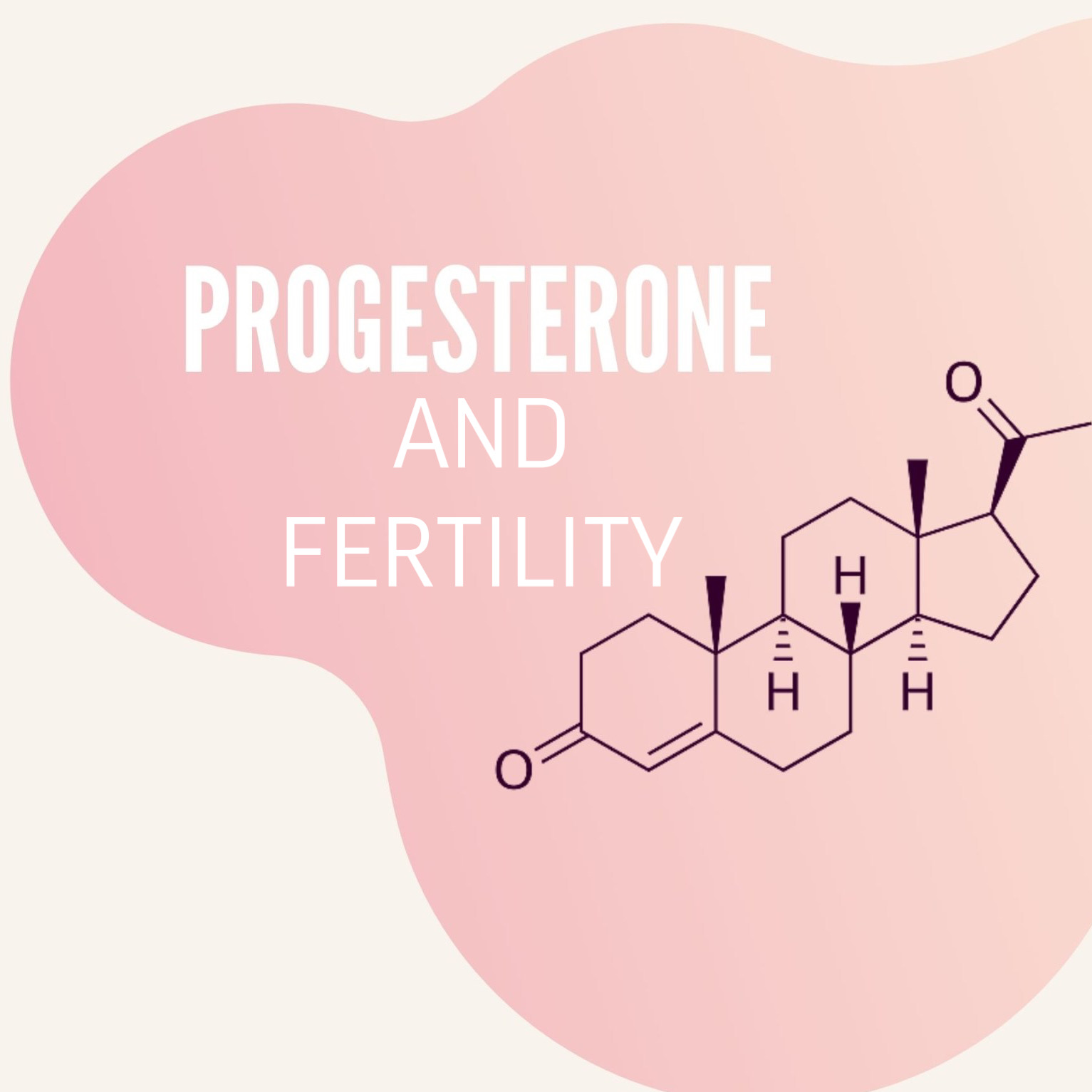Learn about the alternatives for conception when sexual intercourse doesn’t work.
Tired of Sex When Trying to Get Pregnant? Discover Effective Solutions
Are you tired of conception sex? You’re not alone. The pressure of conception can take an emotional and physical toll on couples. However, there are effective solutions to overcome these challenges and increase your chances of conceiving. In this article, we will discuss the pressure of conception, debunk common misconceptions, navigate through different strategies to reduce sexual fatigue, and highlight the importance of enhancing sexual desire and pleasure. We will also touch on when it might be necessary to seek professional help. Let’s dive in!
Understanding the Pressure of Conception and Sex
The path to conception can be an emotionally exhausting journey. The longing for a child coupled with the fear of infertility can create a tremendous amount of stress for couples. Many women in this situation find themselves constantly analyzing their bodies, looking for signs of pregnancy. This emotional rollercoaster can lead to feelings of frustration, disappointment, and even depression.
On top of the emotional strain, frequent conception sex can take a toll on the physical well-being of both partners. Let’s explore the physical exhaustion of trying to conceive and how it can impact your journey to parenthood.
The Emotional Toll of Trying to Conceive
The emotional toll of trying to conceive is often underestimated. As the months go by without success, couples may feel a sense of hopelessness and begin to question their ability to have a child. This can lead to strained relationships and increased stress levels.
It’s essential for couples to communicate openly about their emotions and seek support from each other, family, and friends. Joining support groups or seeking professional counseling can also provide valuable guidance and reassurance during this challenging time.
Furthermore, the emotional toll of trying to conceive can extend beyond the couple themselves. Family members and friends may unknowingly add to the pressure by constantly asking about their progress or offering unsolicited advice. This can further intensify the emotional strain and create a sense of isolation for the couple.

It’s important for couples to set boundaries and communicate their needs to their loved ones. Educating friends and family about the sensitive nature of the topic can help them understand and provide the necessary support without adding additional pressure.
The Physical Exhaustion of Frequent Conception Sex
One of the most common challenges when trying to conceive is the physical exhaustion that comes with frequent sex. Couples often feel pressured to engage in sexual intercourse on specific days of the woman’s menstrual cycle, which can become repetitive and draining over time.
However, it’s important to remember that quality should always be valued over quantity when it comes to intimacy. It’s not necessary to have sex every day to maximize your chances of conception. Instead, focus on maintaining a healthy and enjoyable sex life with your partner.
Additionally, the physical exhaustion of frequent sex can extend beyond the act itself. Lack of sleep, due to late-night attempts to conceive or stress-induced insomnia, can further contribute to the physical fatigue experienced by couples. This can have a negative impact on their overall well-being and ability to cope with the emotional challenges of trying to conceive.
It’s crucial for couples to prioritize self-care and ensure they are getting enough rest and relaxation. Engaging in activities that promote stress reduction, such as exercise, meditation, or hobbies, can help alleviate physical exhaustion and improve overall well-being.
In conclusion, the pressure of sex conception goes beyond the emotional strain and physical exhaustion. It encompasses a wide range of challenges that couples face on their journey to parenthood. Understanding and addressing these challenges can help couples in navigating this difficult time with resilience and hope.
Breaking Down the Myths of Conception Sex
There are several myths and misconceptions surrounding conception that can contribute to the fatigue and frustration experienced by couples attempting to conceive. Let’s debunk these myths and provide you with accurate information to help you on your journey.
When it comes to sex conception, understanding the intricacies of the female reproductive system is crucial. One common misconception is that women can get pregnant at any time during their menstrual cycle. However, the truth is that a woman is most fertile during her ovulation period, which typically occurs around 12-16 days before her next expected period. This is when the ovary releases an egg, and it travels down the fallopian tube, waiting to be fertilized by sperm. Understanding your ovulation cycle can help you time intercourse more effectively, reducing the need for frequent sex throughout the month.
Debunking another misconception, contrary to popular belief, having sex multiple times a day or every day does not necessarily increase your chances of getting pregnant. It’s not a case of “more is better.” In fact, sperm can survive in the female reproductive system for up to five days. This means that having sex every other day during your fertile window can be just as effective in increasing your chances of conception.
Tips and Factors
It’s important to focus on enjoying intimacy with your partner rather than feeling pressured to have sex excessively. The journey towards conception can be emotionally and physically draining, and it’s crucial to prioritize your well-being and maintain a healthy balance in your relationship. By understanding these misconceptions, you can alleviate some of the fatigue associated with frequent intercourse.
Another aspect to consider is the impact of lifestyle factors on fertility. Stress, poor diet, smoking, excessive alcohol consumption, and certain medications can all affect your chances of conceiving. Taking steps to reduce stress levels, adopting a healthy diet, and avoiding harmful substances can improve your overall fertility and increase the likelihood of successful conception.
Furthermore, it’s important to remember that conception is a complex process that involves the interaction of various factors. Both partners’ reproductive health plays a significant role in the ability to conceive. It’s not solely the responsibility of the woman; men’s sperm quality and quantity also contribute to successful fertilization. Seeking medical advice and undergoing fertility tests can help identify any underlying issues and guide you towards appropriate treatments or lifestyle changes.
While the journey to conception may not always be straightforward, understanding the facts and debunking the myths can empower you and your partner. By arming yourself with accurate information, you can navigate the challenges with confidence and increase your chances of achieving your dream of starting a family.
Conception Sex: Strategies to Reduce Sexual Fatigue
Sexual fatigue is a common concern for couples trying to conceive. The good news is that there are strategies you can implement to reduce this fatigue and make your journey more enjoyable.
When it comes to trying to conceive, it’s easy to get caught up in the pressure of having sex on specific days. However, it’s important to remember that quality is just as important as quantity. Instead of feeling obligated to have sex on certain days, consider focusing on quality over quantity. Scheduling intimate moments when you both feel relaxed and connected can enhance the experience and alleviate some of the pressure associated with sex conception.
By taking a more relaxed approach and embracing spontaneity, you can reduce the physical and emotional exhaustion often associated with frequent sex. Allow yourselves to be in the moment and enjoy each other’s company without the added stress of trying to conceive.
Incorporating Rest Days into Your Routine
It’s essential to listen to your body and not push yourselves beyond your limits. Incorporating rest days into your routine can help you recharge and maintain a healthy balance in your relationship. Just like any other physical activity, too much of a good thing can lead to fatigue and burnout.
Remember that it’s not just about the frequency of intercourse but also the overall well-being of both partners. By prioritizing rest and self-care, you can optimize your chances of conceiving while also nurturing your physical and emotional health.
On your rest days, take the time to engage in activities that bring you joy and relaxation. Whether it’s going for a walk in nature, practicing mindfulness and meditation. Indulging in a hobby you love, these activities can help reduce stress and rejuvenate your mind and body.
Furthermore, communication is key in any relationship, especially when it comes to dealing with sexual fatigue. Talk openly with your partner about your needs and concerns. By sharing your thoughts and feelings, you can work together to find a balance that works for both of you.
Additionally, consider exploring other forms of intimacy that don’t necessarily involve intercourse. Cuddling, kissing, and engaging in sensual activities can help maintain a strong emotional connection and intimacy while giving your bodies a break from the physical demands of sex.
Lastly, don’t forget to seek support when needed. Dealing with sexual fatigue can be challenging, both physically and emotionally. Reach out to trusted friends, family, or even a therapist who can provide guidance and understanding during this journey.
Conception Sex: Enhancing Sexual Desire and Pleasure
When trying to conceive, it’s crucial to prioritize pleasure and maintain a healthy sexual desire. By exploring new sexual activities and focusing on foreplay and afterplay. You can enhance your sexual experiences and increase intimacy with your partner.
Exploring New Sexual Activities
Trying new sexual activities can bring excitement and variety into your sex life. Experiment with different positions, locations, or even introduce toys or other sensual aids. By keeping things fresh and exploring your desires together, you can alleviate some of the physical and emotional exhaustion associated with sex conception.
The Role of Foreplay and Afterplay
Foreplay and afterplay are important aspects of sexual intimacy that should not be overlooked. Engaging in extended foreplay can help both partners relax and enjoy the experience, making intercourse more pleasurable. Afterplay, on the other hand, allows you to connect on a deeper emotional level and reaffirm your bond as a couple.
By incorporating these elements into your sexual routine, you can increase both the enjoyment and quality of your intimate moments.
Seeking Professional Help
In some cases, despite your best efforts, you may still experience difficulties in conceiving. If you’ve been trying to conceive for a year without success, or six months if you’re 35 or older, it may be time to seek professional help.
When to Consult a Fertility Specialist
A fertility specialist can provide valuable insights, conduct necessary tests, and suggest fertility treatments or procedures if needed. They will work closely with you to understand any underlying issues and develop a personalized plan to help you achieve pregnancy.
The Benefits of Couples Therapy
Embarking on a fertility journey can put a strain on even the strongest relationships. Couples therapy can help you navigate through the challenges and strengthen your bond as partners. A therapist can provide guidance, facilitate communication, and help you cope with the emotional and physical exhaustion that comes with trying to conceive.
In conclusion, if you’re tired of sex when trying to get pregnant, there are effective solutions available. Understanding the pressure of sex conception, debunking myths, reducing sexual fatigue. Enhancing sexual desire and pleasure can all contribute to a more enjoyable and successful journey to parenthood. Remember to seek professional help when necessary and prioritize self-care throughout this process. Good luck!









